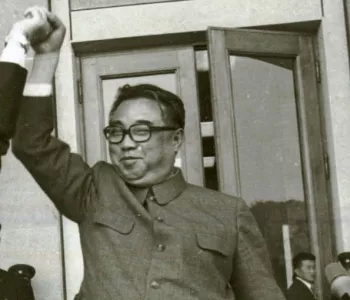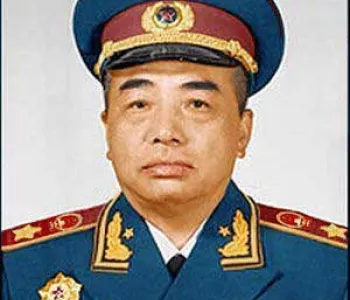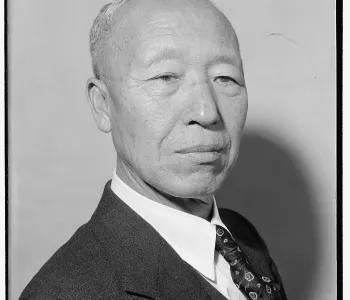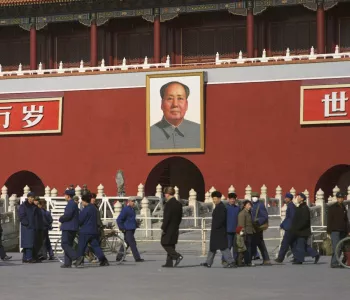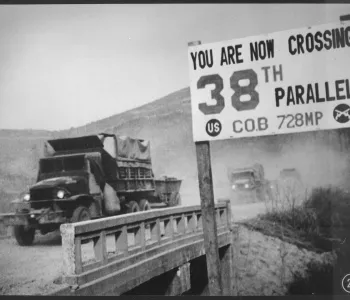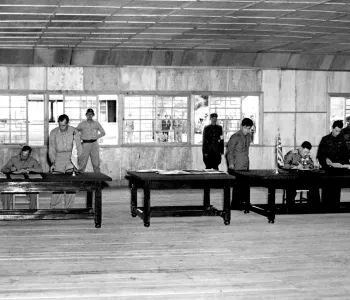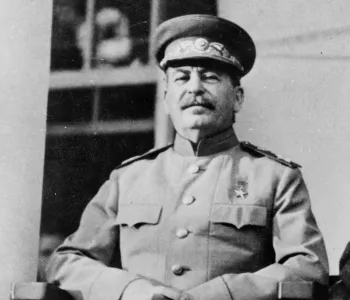d'Vinci

Clark, Mark W. (Mark Wayne) 1896- 1984
Mark Clark was the commander of UN and US Forces in Korea from 1952-1953.

Mark Clark was a career Army officer who served with distinction during WWI and WWII. Following the conclusion of WWII Clark remained active in the Army, and became the commander of UN and US Forces in Korea from 1952-1953.
Captain, US Army, 1917-1935; Deputy Chief of Staff for the Civilian Conservation Corps, 1935-1937; Lieutenant Colonel, US Army, 1940-1941; Assistant Chief of Staff for Operations of the General Headquarters,1941-1942; Deputy Chief of Staff of Army Ground Forces, 1941; Chief of Staff, 1942; Deputy Commander in Chief of Allied Forces in North Africa, 1942-1943; Commander, UN and US Forces in Korea, 1952-1953; President, the Citadel, 1953-1955
